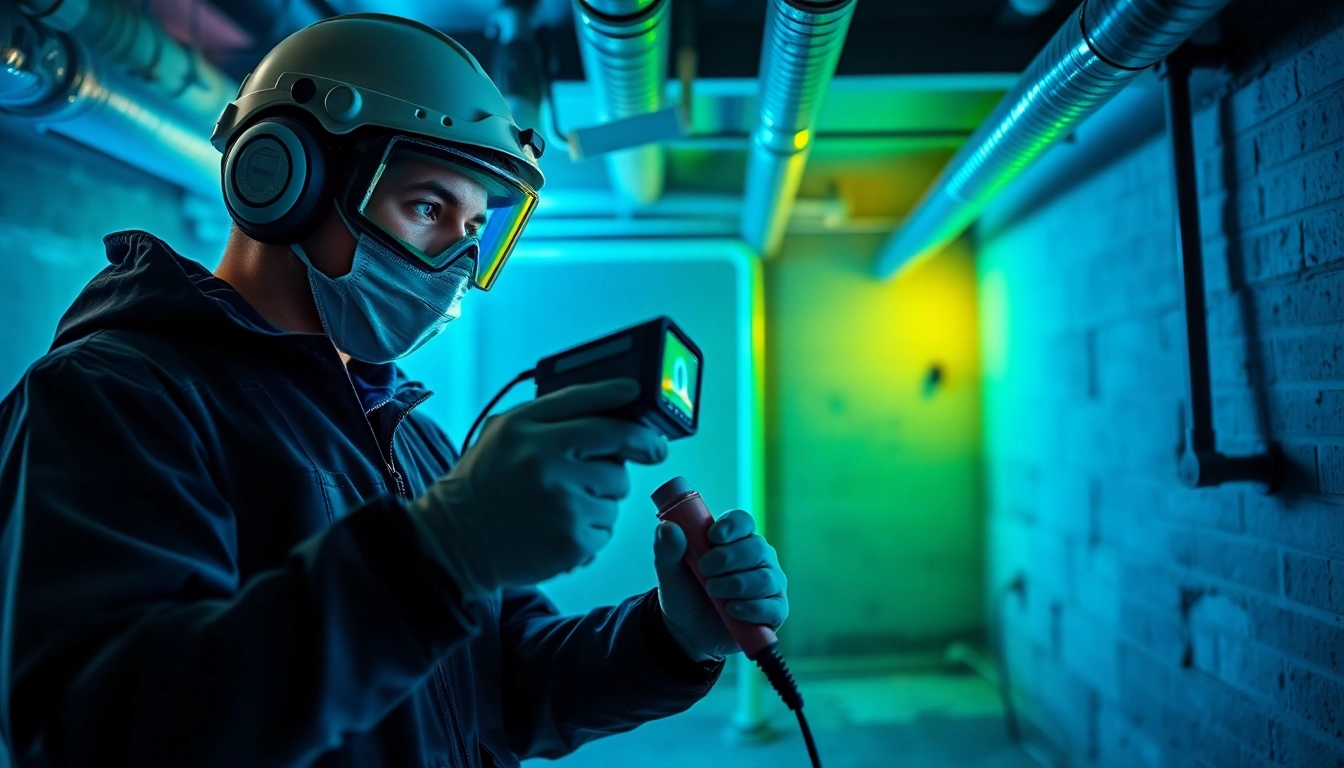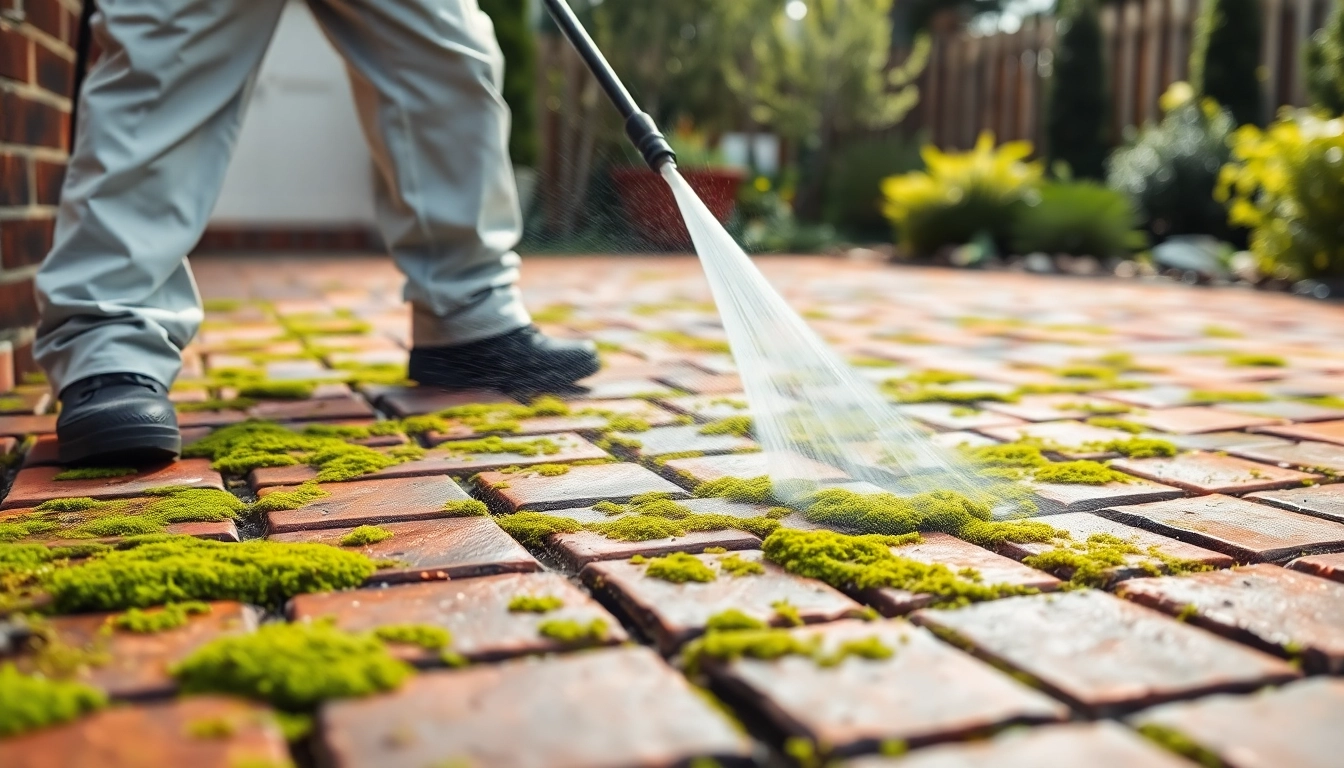Understanding the Role of a Leak Detection Specialist
In today’s world, maintaining the integrity of our properties is more crucial than ever. As homeowners and business operators, we often face issues that are not immediately visible, particularly when it comes to plumbing and water systems. A Leak Detection Specialist plays a vital role in identifying, locating, and resolving leaks that could potentially cause extensive damage and escalate costs if left unchecked. Their expertise extends beyond just finding leaks; it encompasses understanding plumbing systems and employing advanced technologies to provide effective solutions.
What Does a Leak Detection Specialist Do?
A leak detection specialist is a trained professional with specialized knowledge in detecting hidden leaks in plumbing, roofing, and other systems that can compromise the structure and safety of a property. Their primary responsibilities include:
- Assessing the Property: Conducting thorough inspections to identify potential leak sources.
- Using Advanced Technology: Implementing state-of-the-art tools and techniques to detect and analyze leaks accurately.
- Consulting with Clients: Providing detailed reports and recommendations based on their findings.
- Repair Coordination: Often working alongside plumbers or contractors to facilitate necessary repairs.
Common Tools and Technologies Used
Leak detection specialists utilize a variety of sophisticated tools to find leaks without causing damage to the property. Some of the most common tools and technologies include:
- Acoustic Listening Devices: These devices pick up the sound of leaking water, allowing specialists to pinpoint the exact location of a leak.
- Infrared Thermography: This technology uses thermal imaging to detect temperature changes caused by leaks, particularly in walls and floors.
- Moisture Meters: These instruments measure the moisture level in building materials, helping to identify areas affected by leaks.
- Video Inspection Cameras: Flexible cameras enable specialists to inspect pipes and plumbing systems from within, providing clear visuals of the problem areas.
Benefits of Hiring a Leak Detection Specialist
Engaging a leak detection specialist provides numerous benefits for property owners:
- Prevent Major Damage: Early leak detection can save homeowners from costly repairs associated with extensive water damage.
- Locate Hidden Leaks: Specialists have the ability and equipment to find leaks that are not visible to the naked eye.
- Increase Property Value: Regular leak detection can help maintain property condition, thereby preserving or even increasing its market value.
- Reduce Water Waste: By locating and fixing leaks, property owners can lower their water bills and conserve water.
Identifying Signs of Leaks in Your Property
Recognizing the signs of a leak early can help mitigate damage and reduce repair costs. Here are key indicators to watch for:
Visual Indicators of Water Damage
Water damage can manifest in various forms. Be on the lookout for:
- Stained walls or ceilings: Yellowish or brown patches can indicate leaks behind walls or above ceilings.
- Peeling paint or wallpaper: As water seeps in, it can cause paint and wall coverings to bubble and peel.
- Mold growth: Damp conditions welcome mold, which can quickly spread and pose health risks.
Common Leak Locations in Residential Buildings
Leaks can occur in various parts of a home, including:
- Bathrooms: Toilets, sinks, and showers are high-risk areas due to constant water usage.
- Kitchens: Dishwashers, sinks, and refrigerator water lines may develop leaks over time.
- Basements: These can be prone to leaks due to groundwater and pipe systems.
Unexpected Sources of Leaks
Some leak sources might surprise homeowners. These include:
- HVAC systems: Condensation or faulty drainage in HVAC units can lead to significant water accumulation.
- Foundation cracks: Water can enter through cracks in the foundation, leading to serious damage.
- Old plumbing systems: Aging pipes are susceptible to corrosion and leaks.
Choosing the Right Leak Detection Specialist
Selecting a reliable leak detection specialist is crucial for effective service. Here’s how to make an informed choice:
Key Qualifications to Look For
When vetting a specialist, consider the following qualifications:
- Licensing and Certifications: Verify that the specialist holds necessary licenses and certifications relevant to leak detection.
- Experience: Look for a professional with a proven track record and extensive experience in the field.
- Insurance: Ensure they have liability insurance to cover potential damages during the inspection process.
Factors Influencing Cost of Leak Detection Services
The cost can depend on several factors:
- Extent of Inspection: A comprehensive inspection will naturally incur higher costs than a limited one.
- Technology Used: Advanced detection technologies may come at a premium.
- Geographical Location: Service rates can vary significantly based on local market conditions.
Questions to Ask Before Hiring
To ensure you are making the right choice, ask the following:
- What methodologies do you employ for leak detection?
- Can you provide references or customer reviews?
- What is your estimated timeline for completion?
Common Leak Detection Techniques Explained
Understanding the techniques can help you appreciate the expertise of leak detection specialists:
Infrared Thermography for Leak Identification
This non-invasive technique utilizes infrared cameras to detect heat variations caused by moisture. It is particularly useful in identifying leaks without the need to dismantle structures.
Acoustic Listening Devices in Leak Detection
Acoustic devices amplify the sound of water escaping from pipes, enabling specialists to locate leaks even when they are buried deep within walls or underground.
Pressure Testing for Leak Verification
This method involves monitoring the pressure within a plumbing system. A drop in pressure typically indicates a leak, guiding specialists to the area that needs attention.
Preventing Future Leaks: Best Practices
After dealing with leaks, the focus shifts to prevention. Here are effective strategies to minimize future issues:
Routine Inspections and Maintenance Tips
Regular inspections can catch early signs of leaks. Property owners should consider scheduling annual plumbing checks and monitor for signs of leaks proactively.
How Seasonal Changes Impact Plumbing
Seasonal changes can put stress on plumbing systems. For instance, freezing temperatures can cause pipes to freeze and burst. Being aware of these changes can aid in preemptive measures.
Investing in Professional Leak Detection Services
As outlined, hiring a leak detection specialist is a smart investment. Regular consultations can help maintain the integrity of your property and avoid expensive damage repairs in the long run.


